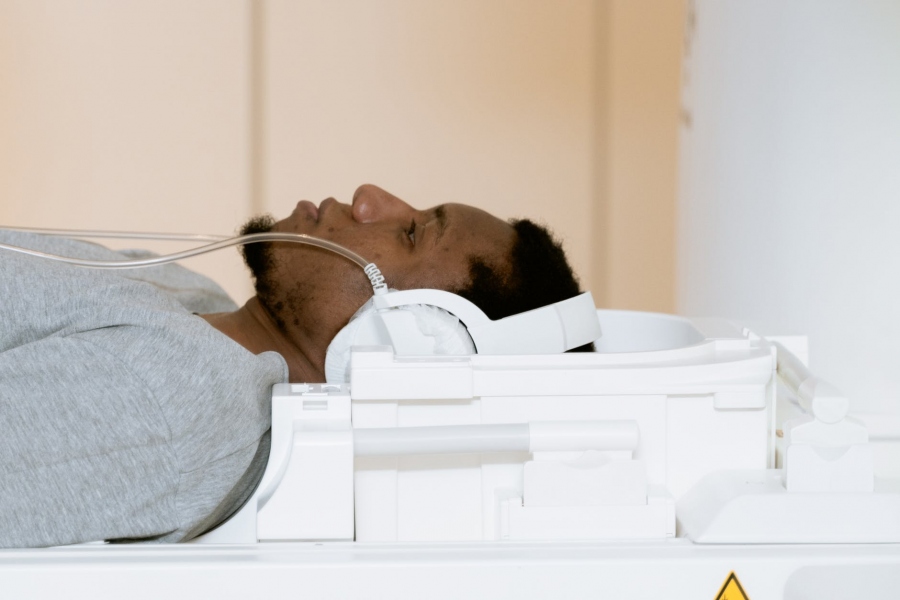Cancer treatments can cause unpleasant side effects, but dietary changes can help reduce these symptoms. The most common side effect of chemotherapy is nausea and vomiting. This feeling may be brought on by the smell, taste, or sight of food. Diet changes may help you to eat smaller meals more frequently during the day and avoid greasy, spicy, or high in sugar, which also induces nausea, such as ice cream and other sweet dessert diet.
With that said, let’s go over the dietary changes you can adopt to deal with the effects of cancer treatment
Eat Small Portions More Often
When your stomach is empty, it produces a hormone called ghrelin that makes your stomach lining contract, which triggers hunger. Give yourself something healthy to eat every two to three hours. You don’t have to stick to just six mini-meals, but keep snacks on hand when you get hungry.
Eat Cold Foods
Some cancer treatments, especially radiation therapy, can damage tissue in your mouth and throat. Cold food is best because it’s more soothing than hot food or drinks. Sucking on ice chips during therapy may ease throat pain.
Create a Healthy Diet
There’s a correlation between a person’s overall health and how well they handle treatment side effects. That’s why doctors advise you to eat a balanced, nutritious diet with lots of fresh fruits, vegetables, whole grains, and fiber. Include protein from dairy products, beans, fish, meat, and poultry.
Avoid Spicy, Salty, or Acidic Foods
Cancer treatments can damage taste buds and nerve endings that sense hot and cold temperatures. Keep the seasoning on foods mild to avoid irritation, so you can still enjoy their natural flavors. Avoid pickled, smoked, brined, dried, or marinated foods from a cancer treatment center because they can be too salty or acidic.
Drink Plenty of Water
Follow your doctor’s advice about how much water to drink each day. Most people at a cancer center need to drink more, but about 10 percent might require less fluid because they’re losing it from diarrhea, vomiting, or fever. If you have a lot of nausea and vomiting during treatment, try ice chips or ginger ale with ice. Also, ask your doctor about taking anti-nausea medications with you when you leave the hospital.
Ease Constipation
Try to eat foods high in fiber, such as fresh fruit and vegetables, whole-grain bread and cereals, beans, lentils, chopped prunes, apricots, and figs, bran muffins, and bran flakes. Ask your doctor about taking a fiber supplement, such as Metamucil or Citrucel.
Cut Back On High-Fat Foods
Doctors advise cancer patients to avoid high-fat foods because they can slow your metabolism and make it harder for your body to fight off infection. But if you keep eating fatty meals, try to stay away from fried food, whole milk products (butter, cream, cheese), or animal fat.
In conclusion, if you’re looking for a way to reduce the side effects of cancer treatments, consider making some dietary changes. Eating well can help your immune system and energy levels stay strong while undergoing treatment. It may also help with nausea or fatigue during chemotherapy sessions. You don’t have to change everything at once. Instead, try adding one new healthy food each week until you’ve reached an eating plan that works best for you!

